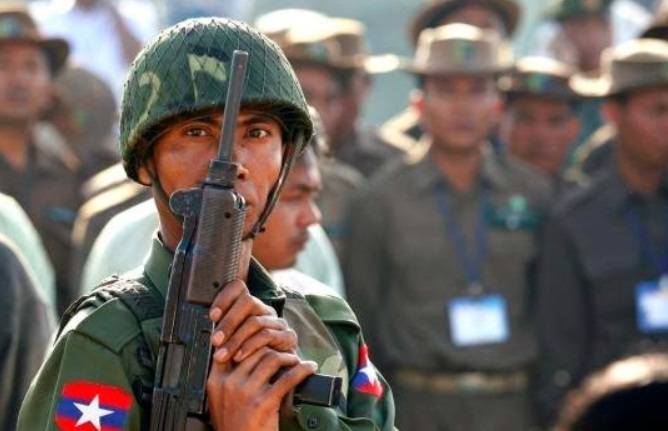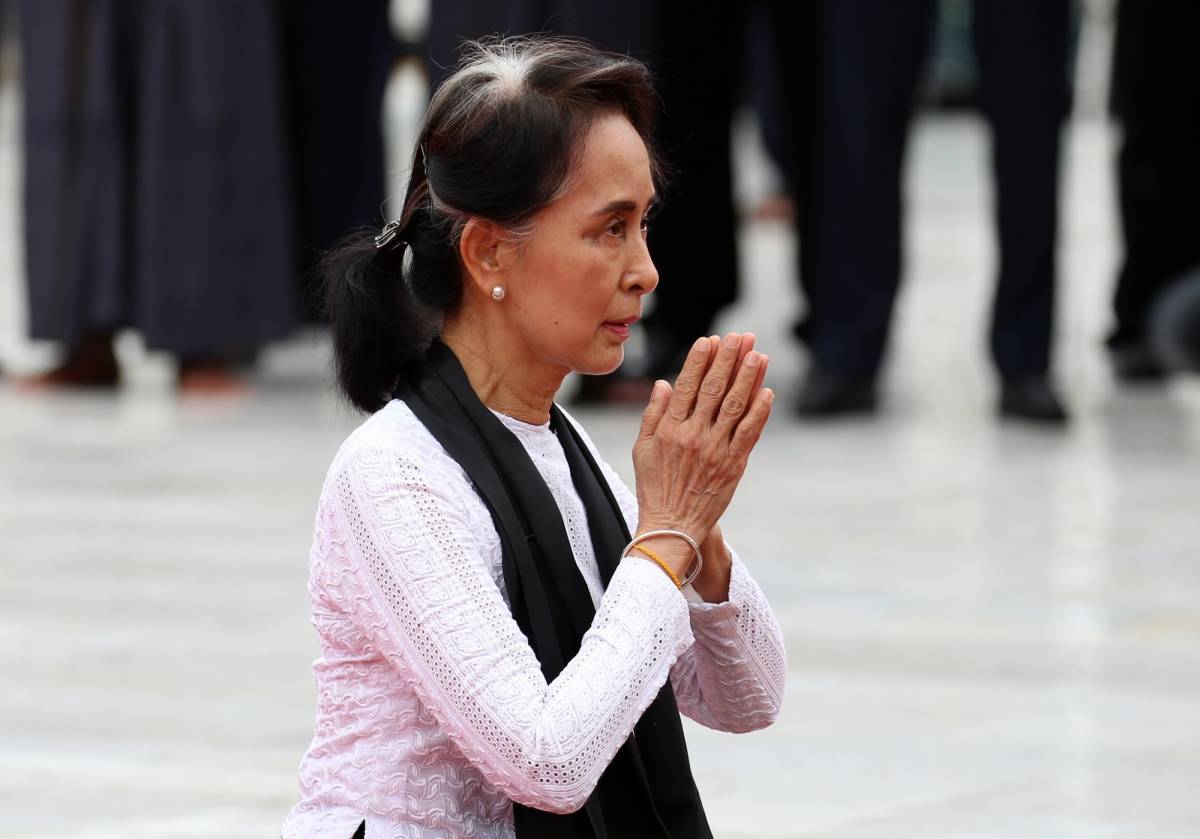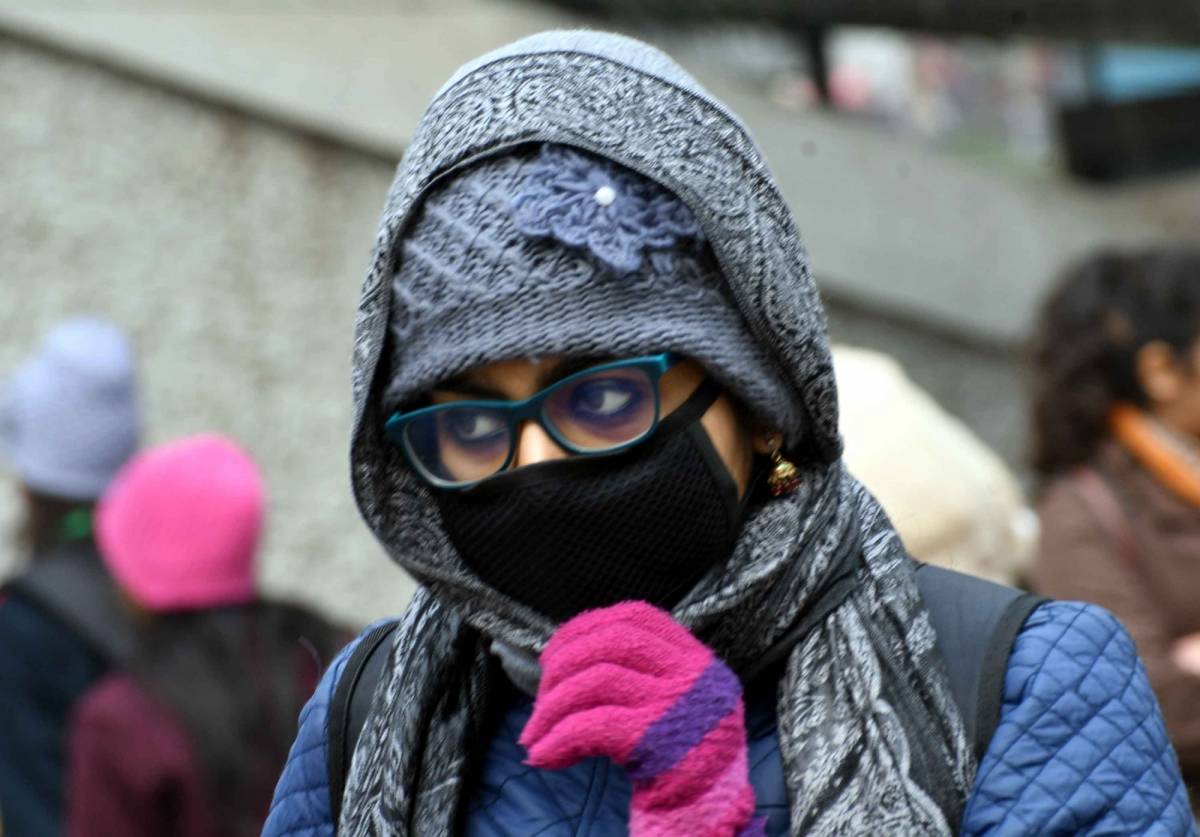It is said that history repeats itself first time as a tragedy and second as a farce. But when it happens the third time around it can be called Myanmar. The third takeover of power by the Army (1962, 1990 and 2021) in the strategic Southeast Asian country raises more than just a few pointed questions.
Besides restructuring Myanmar’s political trajectory, the coup risks destabilising the geopolitics of South and Southeast Asian region.
But why does the Myanmar Army need a coup to take over power? The 2008 constitution guarantees the military 25% seat share in the parliament and does not permit constitutional amendments without a 75%-plus majority. With unyielding power why should the Army usurp power now?
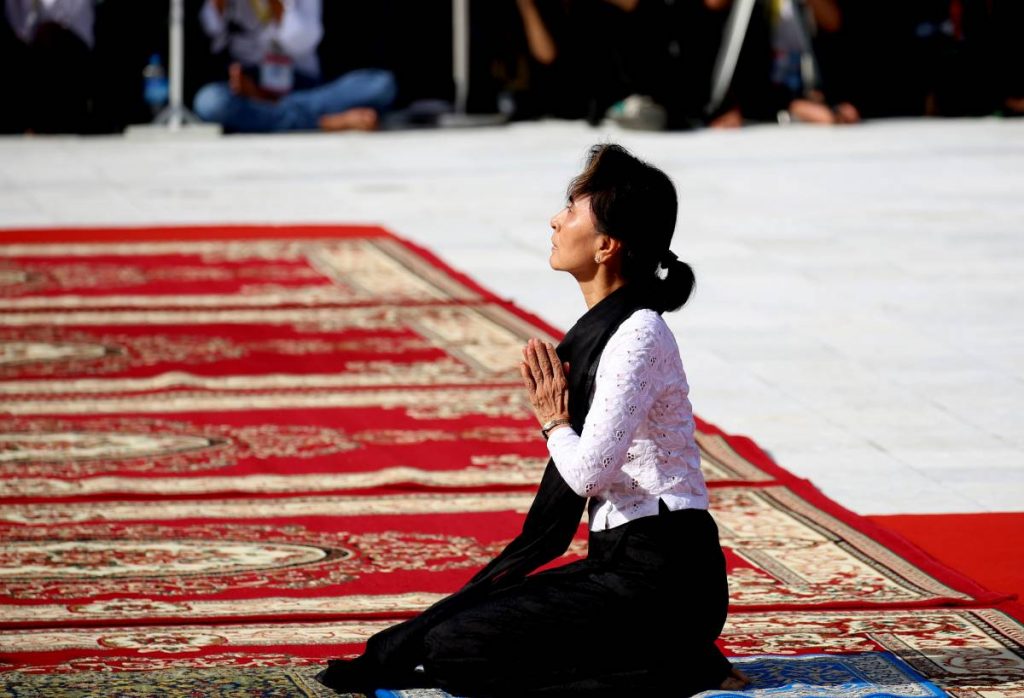
One reason could be the Army feeling uncomfortable with Suu Kyi who has become popular with the Bamar-Buddhist majority. The group has found a leader in her who has been a willing conduit during the Rohingya crisis. Moreover, the powerful group’s support could help Suu Kyi in bringing about the required percentage to amend the country’s constitution.
However, what doesn’t escape the eye is the possible role of China in the coup. Myanmar, which has largely been isolationist, has never hidden the fact about its growing ties with Beijing. Myanmar holds a crucial key for China’s influence in the Bay of Bengal, Andaman Sea, Malacca Strait, which is the gateway to South China Sea.
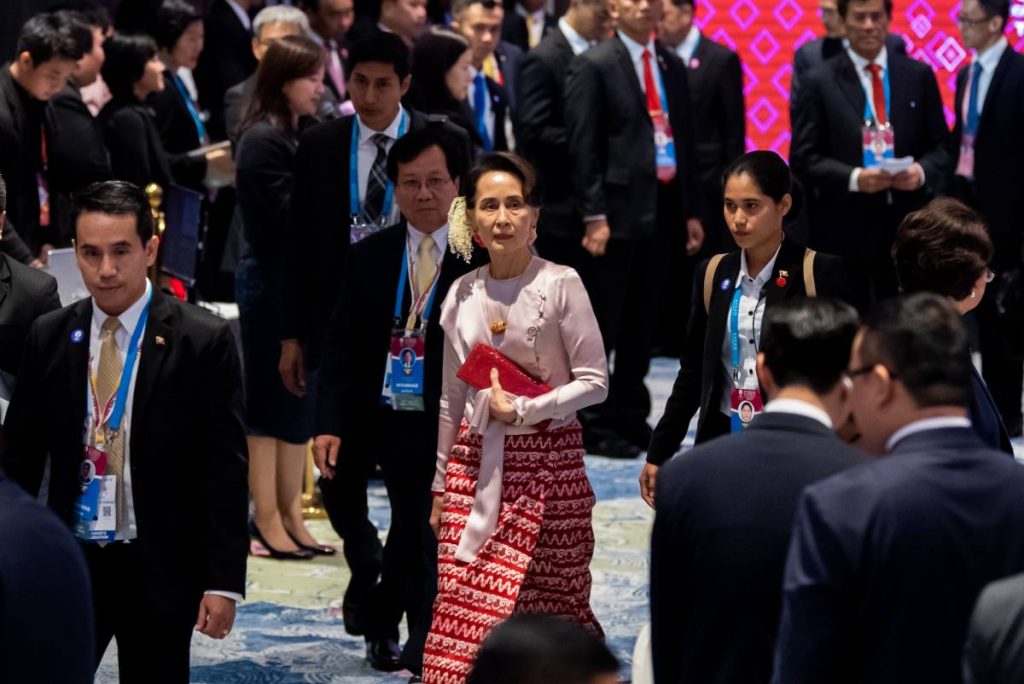
Besides the murder of democracy, for India, the military takeover is of serious concern due to two crucial reasons. India shares a 1,468 kms border with Myanmar stretching from China to Bangladesh along with its strategic northeastern states. Another key concern is the mere 641 kms of sea separating Myanmar from the Andaman and Nicobar Islands.
However, much rests on the shoulders of Mayanmar’s 64-year-old military chief Min Aung Hlaing, who is considered a conservative who is deeply suspicious about democracy and concerned over the rising influence of Beijing.


